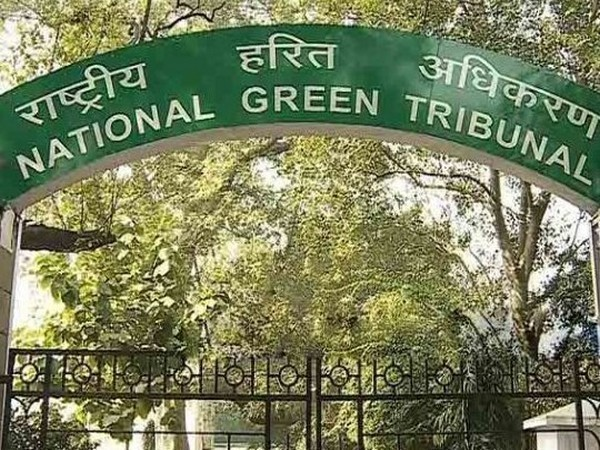NGT directs UP PCB to determine liability for damage to environment in Kanpur
The National Green Tribunal (NGT) has directed the Uttar Pradesh Pollution Control Board to determine the liability for damage to the environment on account of illegal storage of chromium waste in Kanpur.

- Country:
- India
The National Green Tribunal (NGT) has directed the Uttar Pradesh Pollution Control Board to determine the liability for damage to the environment on account of illegal storage of chromium waste in Kanpur. The tribunal observed that the chromium dump in Kanpur Dehat is continuing to cause damage to the environment and public health.
An NGT bench headed by its chairperson Adarsh Kumar Goel said that the persons responsible for dumping such hazardous waste, which has contaminated the groundwater to the detriment of the inhabitants, cannot disown responsibility for liability for such damage on the ground of inaction of the authorities or closing of the companies. "Corporate veil may not be a defence to absolute liability for damage to the environment. Of course, the liability of appellants has to be limited to the violations clearly attributable to them. The State (UP) PCB must determine such liability specifically, after due opportunity to the appellants, preferably within a period of three months and till this is done, further coercive measures may not be taken. It is made clear that any further proceedings will be subject to further orders," the tribunal said.
The NGT was hearing various appeals that involve the common issue of liability of the appellants for damage to the environment on account of illegal storage of chromium waste. The tribunal said that the matter requires consideration while admitting the appeal and list it for final hearing on July 27, 2021.
The NGT observed that inaction by the PCB should not result in irreversible damage to the affected victims and absolute liability for continuing damage to the environment and public health cannot be ignored and the "polluter pays" principle has to be applied even if the delay has been caused. (ANI)
(This story has not been edited by Devdiscourse staff and is auto-generated from a syndicated feed.)










